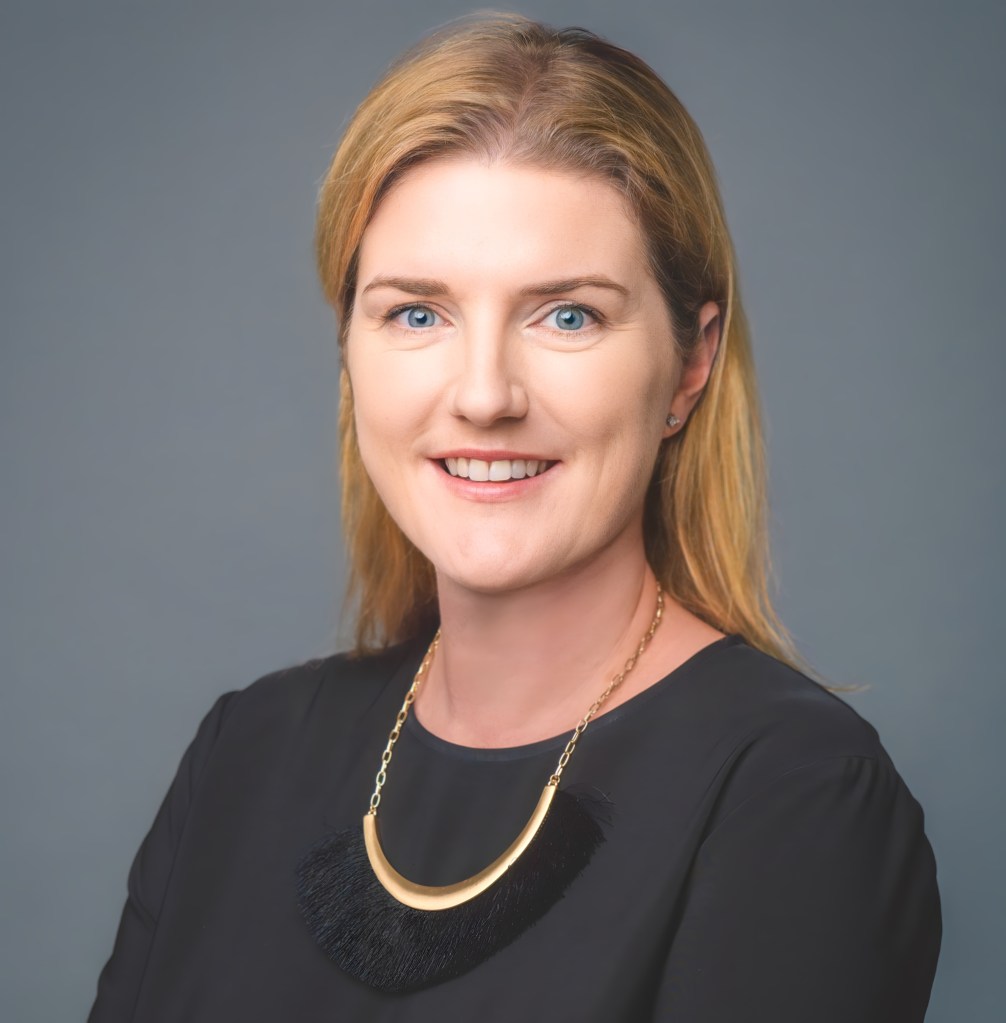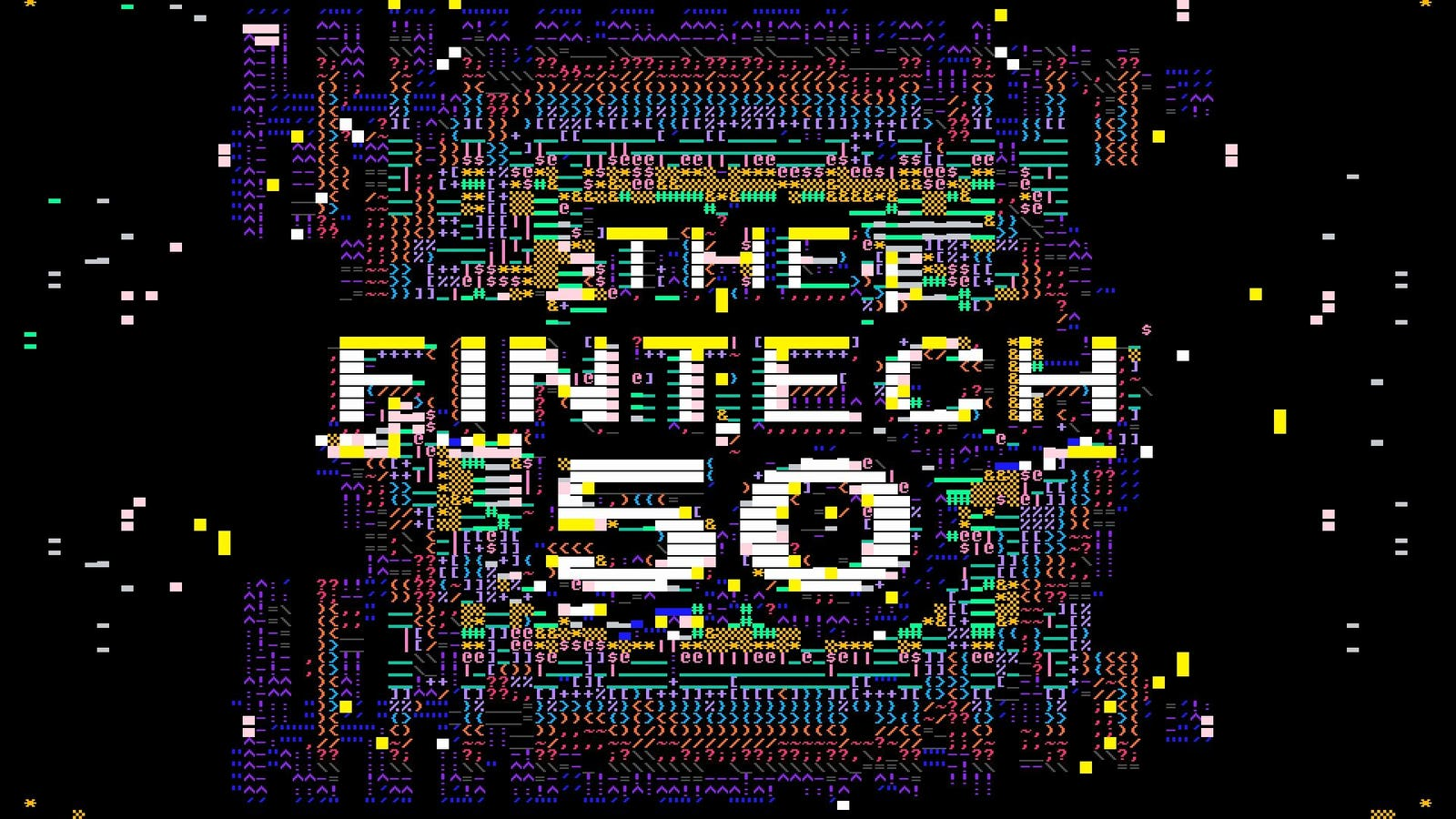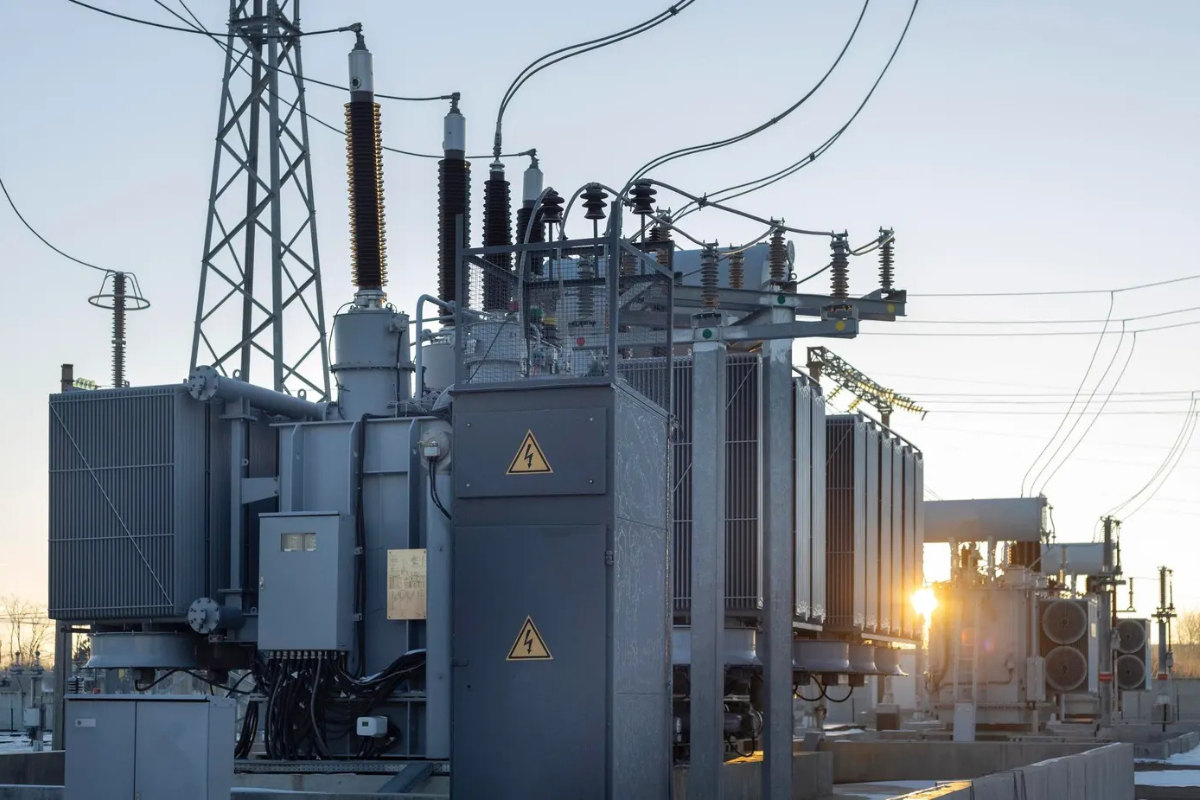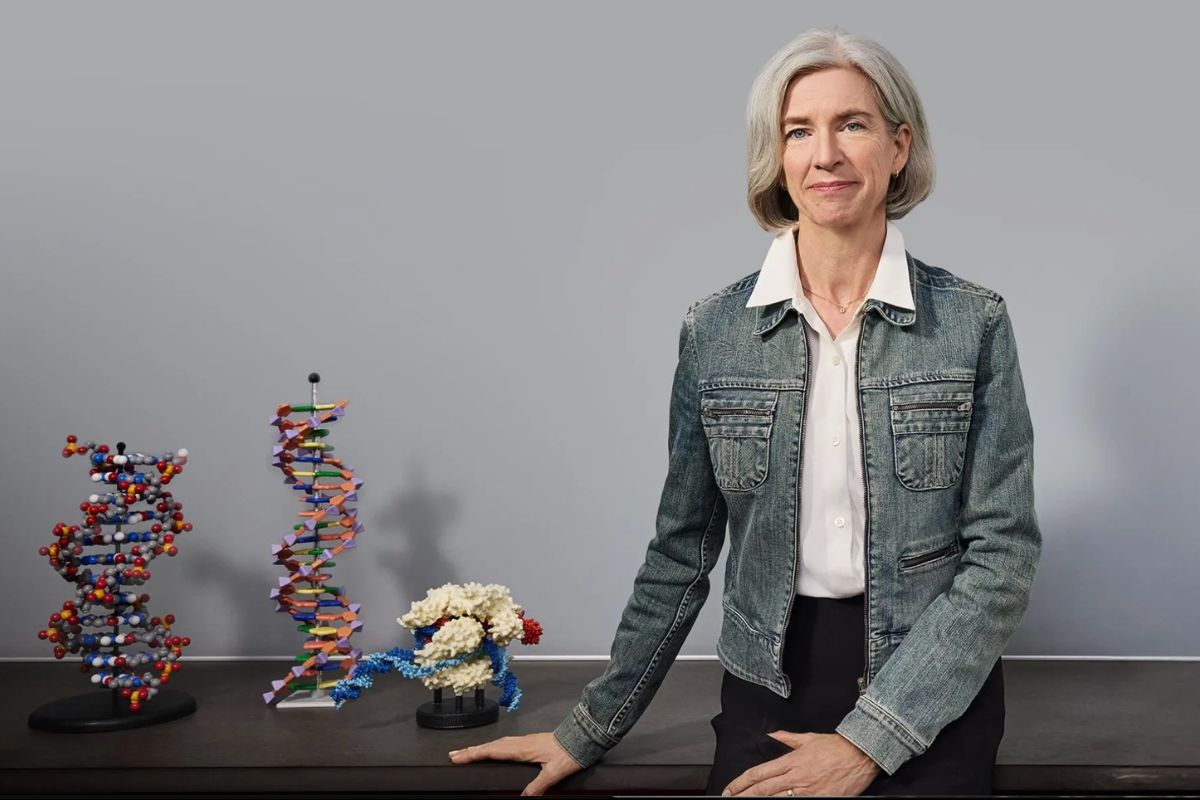As tech incubator Cicada Innovations marks its 25th anniversary, new CEO Liza Noonan reflects on how a $20 million initial public investment helped generate more than $8 billion in economic value, and why long-term commitment remains critical to building Australia’s sovereign deep tech future.

When Cicada Innovations opened its doors in 2000, the idea of turning world-class Australian research into commercial enterprises was still novel. Two and a half decades later, the Sydney-founded incubator estimates its total contribution to the economy has exceeded $8 billion.
That figure, based on $6.5 billion in capital raised, high-skill job creation, and broader innovation spillovers, represents roughly $400 in economic activity generated for every public dollar originally invested. For Liza Noonan, who stepped into the role of CEO this month, the milestone reflects both the long-term vision of Cicada’s founders and the enduring importance of patient, science-driven innovation.
“The key to generating such sustained economic impact has been staying absolutely focused on Cicada’s mission of helping Australia’s ground-breaking science and technology translate into commercial, high-impact businesses,” says Noonan. “This mission is brought to life by building incubators that go beyond office space – purpose-built environments with labs, prototyping facilities, and the technical infrastructure that deep tech startups truly need.”
Since its inception, Cicada, which provides start-ups with mentors, investors and corporate partners, has nurtured ventures like Morse Micro, SpeeDx, Regrow, Clarity Pharmaceuticals, Elastagen and Propeller Aero – all companies that have gone on to raise significant investment and expand globally. (Morse Micro actually jus closed an $88 million Series C capital round to fuel international expansion, scale production and support its transition to IoT 2.0). Rather than chasing volume, Noonan says Cicada has focused on “quality and depth”, backing ventures that generate sustained economic and social value over decades.
Cicada has opened the Melbourne Jumar Bioincubator hub and the Eveleigh (Sydney) HealthTech Hub, created the GrowLab Agri‑Food Accelerator, and founded the National Space Industry Hub in partnership with the NSW Government, and runs the Cicada x Tech 23 deep tech event. Noonan, who was previously the executive director of innovation at Investment NSW, says Cicada’s next step is national expansion.

“National expansion isn’t just about physical sites and access to affordable innovation infrastructure,” she says, adding, “It’s also about growing support and services that reach founders wherever they are, through initiatives such as Tech23 and Stride. There are big opportunities to create stronger interconnections across the deep tech innovation system, benefiting both the founders and the businesses they’re building, as well as the industry partners and investors seeking to discover Australian deep tech.”
That national approach aligns with a broader push for sovereign deep tech capability, which is an area Noonan describes as critical to Australia’s future resilience. “Deep tech businesses operate in complex problem spaces and face long cycles of science commercialisation,” she says. “They need stable, long-term policy settings to attract investment and plan confidently.”
She points to consistent government commitment to national missions (net zero, agri-food growth, health and space) as key to giving innovators clear signals and markets to aim for. Government procurement can also be a powerful tool: “When the public sector buys from innovators contributing to national agendas, it gives them a crucial first customer and proof of market.”
Noonan says Cicada’s next chapter will focus not only on physical infrastructure but also on education and visibility, particularly in shaping investor confidence, which she says remains a key challenge. Another challenge is the perception around longer timelines – they exist, but they often lead to more defensible IP and stronger long-term economic returns, Noonan says. She points to more Australian success stories like CSL, Cochlear and Samsara Eco (the latter raised $100 million in June 2024 in its Series A+ round).
Cicada’s own evolution reflects how the deep tech sector has matured. From its early tenants developing digital technologies during the dot-com era, the incubator has grown into a specialist provider of infrastructure, expertise and networks tailored to scientific ventures. The model now combines place, programs, and partnerships – elements that Noonan says will underpin the next phase: a national network of interconnected incubators aligned with Australia’s strategic priorities.
“Cicada’s future is about scaling its support nationally for deep tech innovators and continuing to be the trusted home and system integrator for Australia’s deep tech economy,” she says.
Asked which sectors hold the most promise, Noonan points to health and biotech as standout opportunities, given Australia’s research strength and clinical infrastructure. Energy technologies, advanced systems such as robotics, AI and quantum, and agricultural innovation are also key focus areas.
Look back on the week that was with hand-picked articles from Australia and around the world. Sign up to the Forbes Australia newsletter here or become a member here.


